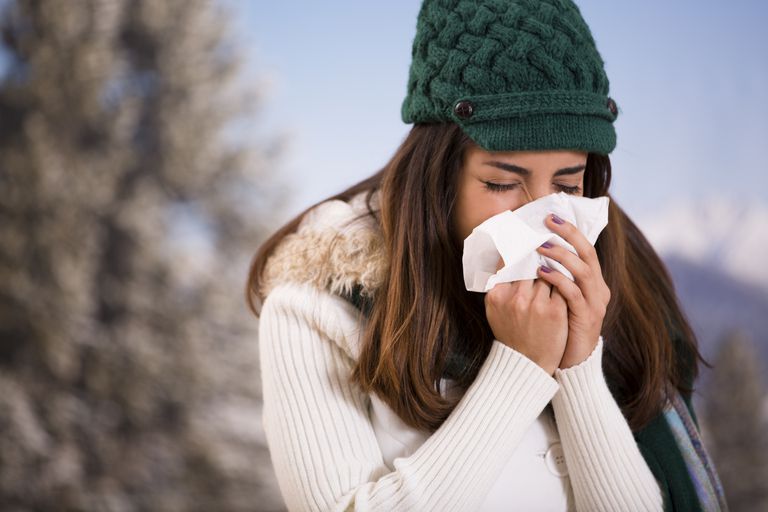Tackle the changing season like a pro
A change in weather has its pros and cons. India has suddenly become super hot, much like peak summers already and is leading to high fevers while Covid-19 threat still looms large, children and elderly are affected the most due to weather change. Understanding what all diseases this weather brings along and how to protect ourselves and others from them can help us tackle this sudden drop in temperature.
Due to sudden rise in temperature the air gets less humid this leads to a change in the types of pathogens in our surroundings. Even though winters give us a relief from Dengue and Chikungunya, but it starts other problems such as influenza, asthma, common cold, bronchitis attack, sore throat and pneumonias. People suffering from arthritis can experience increase in joint pains.
With the seasons changing here are some measures to prepare ourselves for the changing weather.
FLU or INFLUENZA:
This virus tends to be more active during changing seasons and old people who have other problems are highly exposed to this disease.
To prevent the flu, you should keep away from the virus. For that you need to wash your hands numerous times in a day; avoid contact with people who already suffer from the flu; avoid touching your face or mouth with your hands until and unless washed, as they might be carrying the virus. If above the age of 60, get the flu vaccination in advance.
ASTHMA AND BRONCHITIS:

These are usually activated due to contact with pollinated air. People who have asthma experience wheezing or shortness of breath.
To prevent asthma, you should start exercising indoors, avoid going out early mornings or late nights as the weather is colder during these hours. You can also cover your nose and mouth with a scarf to protect yourself from the cold air.
WINTER ALLERGIES:

Allergens such as mold spores and dust mites cause a higher number of allergies during winters. Irritants like mildew, pet dander and mold are present in the air throughout the year, but they are active in winters because people tend to keep their room shut to keep away from the cold. The warm climate is perfect for these bacteria to breed and come in contact with humans.
Make sure you aerate your house properly, regardless of the temperature. Vacuum your carpets, pillows, rugs, etc regularly; get air conditioners and room heaters cleaned frequently.
HEART ATTACK:
A cold climate can put a lot of tension on the hearts of people suffering from cardiovascular problems. This weather can also increase one’s blood pressure.
So if you are a heart patient, restrain from physically straining yourself, and rush to an emergency if you feel any chest distress.














